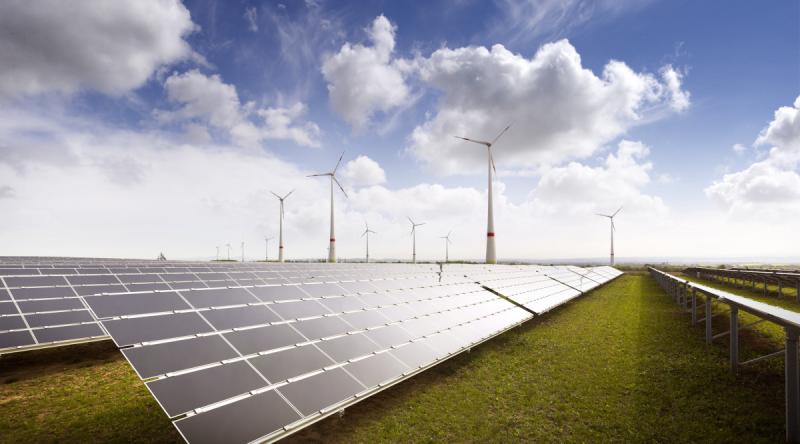Through this week's training, 20 European journalists got a practical understanding of the tools and insights necessary to report on climate neutrality and energy transition.
To competently report on the climate crisis and Europe’s energy transition as a key solution story, journalists need the skills and knowledge to identify and adequately report on relevant issues and players, and reach all types of audiences. CLEW – which has been covering all aspects of energy and climate since a decade ago — shared its expertise in factchecking and handling disinformation as well as cross-border collaboration. Many other experts were invited, too, to share their expertise with the participants.
The topics of the sessions were ranging from climate communication and cutting emissions to climate diplomacy and corporate net zero pledges. Among others, Jule Könneke from Stiftung Wissenschaft und Politik (SWP) joined the participants for a discussion about the influence of geopolitics on international climate diplomacy with a view to the upcoming UN climate change conference COP29 in Azerbaijan.
With climate adaptation being such a broad topic, there are countless angles for journalists to explore or prioritise. What's clear is that many societal discussions around the topic still don't have an answer, and journalists play a key role in informing these debates, says Carolina Hillman
Beyond that, “the joint session with Ember Policy Director Richard Black on the basics of the necessary changes to the energy system at the heart of the move to a net zero world was a lot to digest for the participants and provided ample discussion points, especially around the role of market mechanisms. It showed once more that a good understanding of the economics behind the policy measures is essential for journalists to assess what works and what not,' — observed Sven Egenter CLEW's executive director.
The training was held in Berlin on 1-8 September 2024. You can find more information here.
